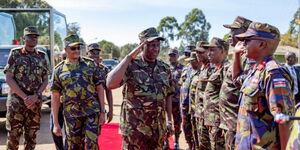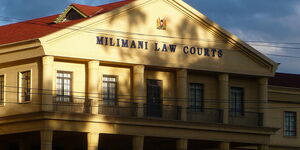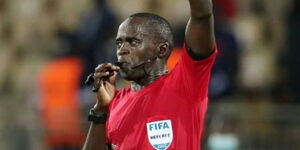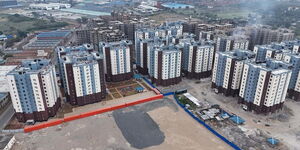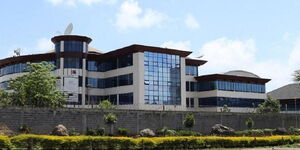Supreme Court Judge Isaac Lenaola on Thursday disclosed three things that have frustrated his duties at the highest court in Kenya.
Speaking during the East African Magistrates and Judges Association conference in Kigali, Rwanda, Justice Lenaola talked of factors that undermined the independence of the Judiciary.
He highlighted that constant attacks and unwarranted criticism from all corners especially from the government were a great impediment to the Judiciary carrying out their duties.
"The government is not always the villain when it comes to violating judicial independence. There are cases of private entities in commercial courts infringing on judicial independence. " Justice Lenaola explained.
He added that infights within the Judiciary were also a factor in undermining their own independence.
[caption caption="File image of the Supreme Court Judges"] [/caption]
[/caption]
"Sometimes even the administration of the judiciary itself is to blame, with unwarranted transfers, tramped up complaints against judicial officers and so on," he conveyed.
He advised his counterparts to exercise while carefully balancing their quest for independence with an impeccable exercise of judicial responsibility.
He further observed that courts were overstepping and clashing with each other when it came to making decisions stating that divisional heads demanded particular approaches to certain issues.
"What of interference from colleagues? How many times do we seek favors from each other? Are superior courts such as Courts of Appeal and Supreme Courts immune to peer pressure?"
"What of principal judges and heads of courts? Do we prefect our juniors to the extent that, in seeking favors, they consult us before making hard decisions?" he posed.
[caption caption="President Uhuru Kenyatta with CJ Maraga Deputy CJ Mwilu and Justice Lenaola"] [/caption]
[/caption]
Justice Lenaola called on his colleagues to uphold the law as it was a pillar of any democracy.
"We must guard it with all our might. We have a duty. We have a calling. And if we are to maintain our independence, then we must be informed only by the oath of office that we take, and the dictates of the system that we serve," he concluded.

